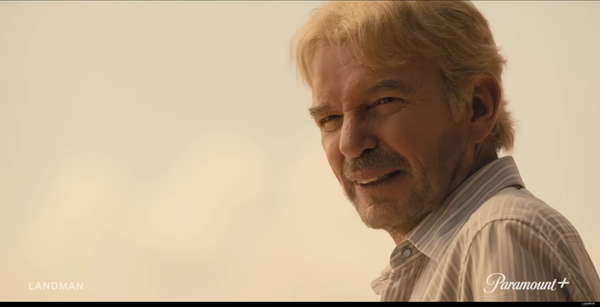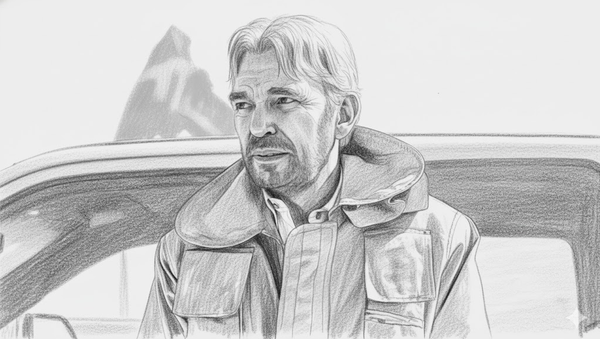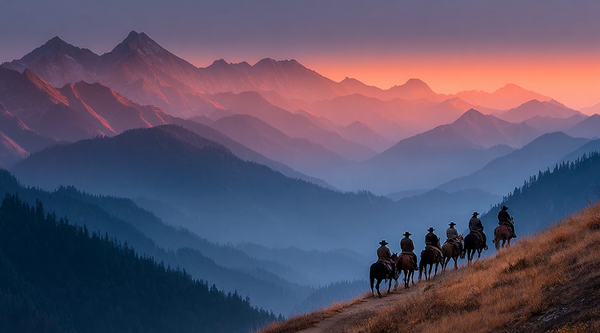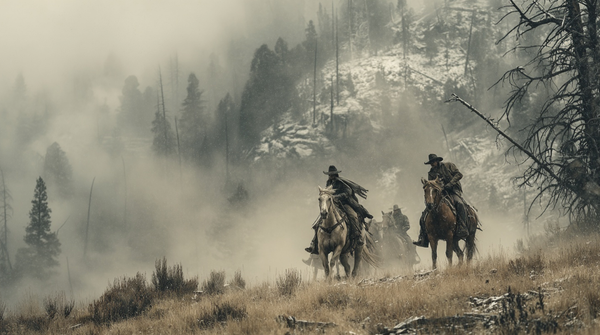Reading Beth Dutton: a walking wildfire
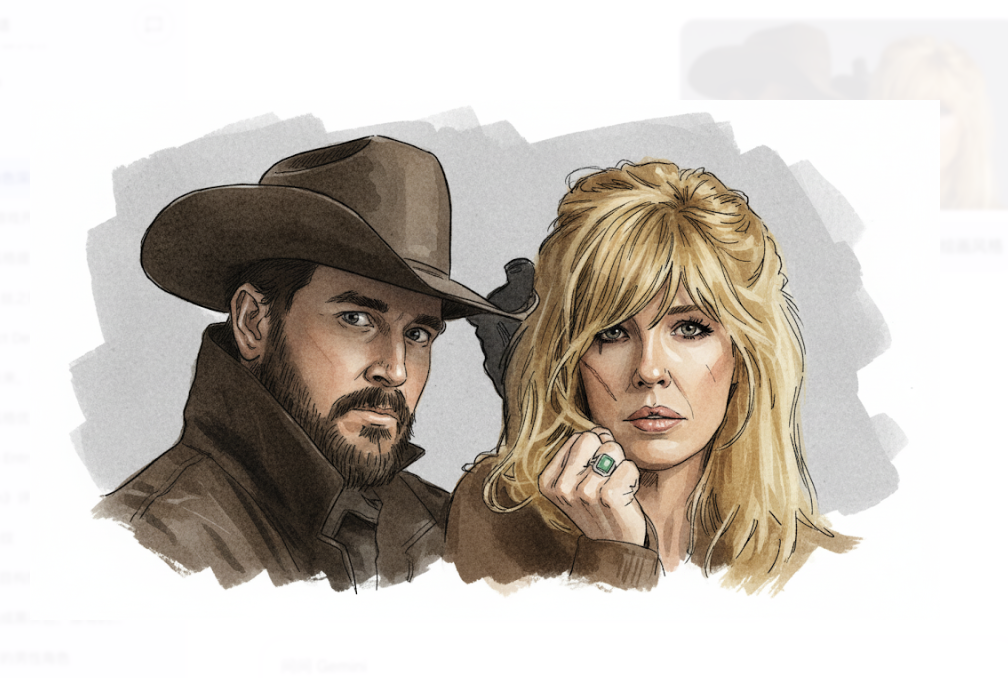
Whenever someone asks me, “Who’s the most mesmerizing character in Yellowstone?” my answer is almost always Beth Dutton. But “mesmerizing” may not be quite right, because loving Beth is like loving a hurricane. You revere her force, you’re drawn to the chaotic beauty she generates, and you know, deep down, that if you get too close you’ll be torn to pieces.
In Taylor Sheridan’s western empire, Beth isn’t a conventional character—she’s an untamable element of nature. She’s John Dutton’s sharpest weapon in defending the Yellowstone ranch, and she’s also the stray spark that could set the entire empire ablaze. To really understand her, you have to peel back the barbed armor and stare straight into the scorched earth that never healed inside her.
The predator in the boardroom
Watch her in a boardroom and she moves like a lone wolf into a pen of lambs. Those pinstriped finance sharks fold in her presence. Her words are blades dipped in poison, finding the softest spot and driving straight in. Her gaze is cold enough to freeze any performative goodwill. John Dutton wields her like a weapon—a forward-thrusting, no-return blade aimed at anyone who threatens the land. She embraces the role, deploying a scorched-earth strategy that would rather salt the field than surrender a single inch of home.
That ruthless aggression is a camouflage—a way of living. Every merciless acquisition, every barbed put‑down, doubles as a message to her father: “I’m more useful than Jamie. I’m your truest soldier.”
The girl trapped in one afternoon
To make sense of Beth’s ferocity, you have to walk back to the afternoon that bent her life off its axis. Her mother’s fatal accident—and Beth’s unwavering belief that it was her fault—became the original sin she never stopped paying for. That guilt is a curse; it froze her heart in the terrified posture of a teenage girl. She punishes herself through self-loathing, and she fights the unspeakable pain by torching everything that might otherwise comfort her.
Then came Jamie taking her to a clinic, and what followed: permanent infertility. It wasn’t just a sibling betrayal or a family grudge; it was the theft of an identity. The future mother inside her was sentenced to death. That is why her hatred for Jamie is absolute, a flat line with no room for forgiveness. Every attack on him is a howl echoing from that wound.
At the center of the storm: Rip
In the storm that never ceases within Beth, Rip Wheeler is the eye. Why can Rip shoulder it? Because he never sets out to “fix” or “save” her. He simply stands there, silent and immovable, and absorbs her whole. He sees past the armor and holds the torn soul beneath.
Their love isn’t a gentle balm from a fairy tale; it’s a pact between survivors. Beside Rip, the finance queen dissolves, and what remains is someone who can finally drop every weapon and crave a little quiet. Rip is her anchor, the point of orientation in the ocean of self-destruction. Together, they stitch wholeness from each other’s broken pieces.
She is Yellowstone
At bottom, Beth is the most fervent incarnation of the Dutton creed: fight for the land. Her loyalty to her father goes beyond blood—into something like faith. The ranch is not a fortune but a sacred, living totem. To keep it safe, she’ll burn herself—and she’ll burn down the world if she must.
Beth Dutton is magnetic because she is irreconcilable. She has a mind like a diamond, yet moves under the drag of primal pain. She can love with a depth that saves—and she can wound with a force that destroys. She is the guardian angel at the gate, and the demon with a finger on the detonator. Maybe she is Yellowstone itself—magnificent, feral, and forever unbroken.
